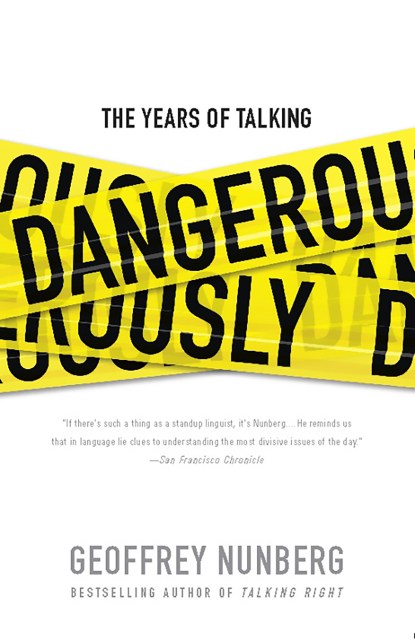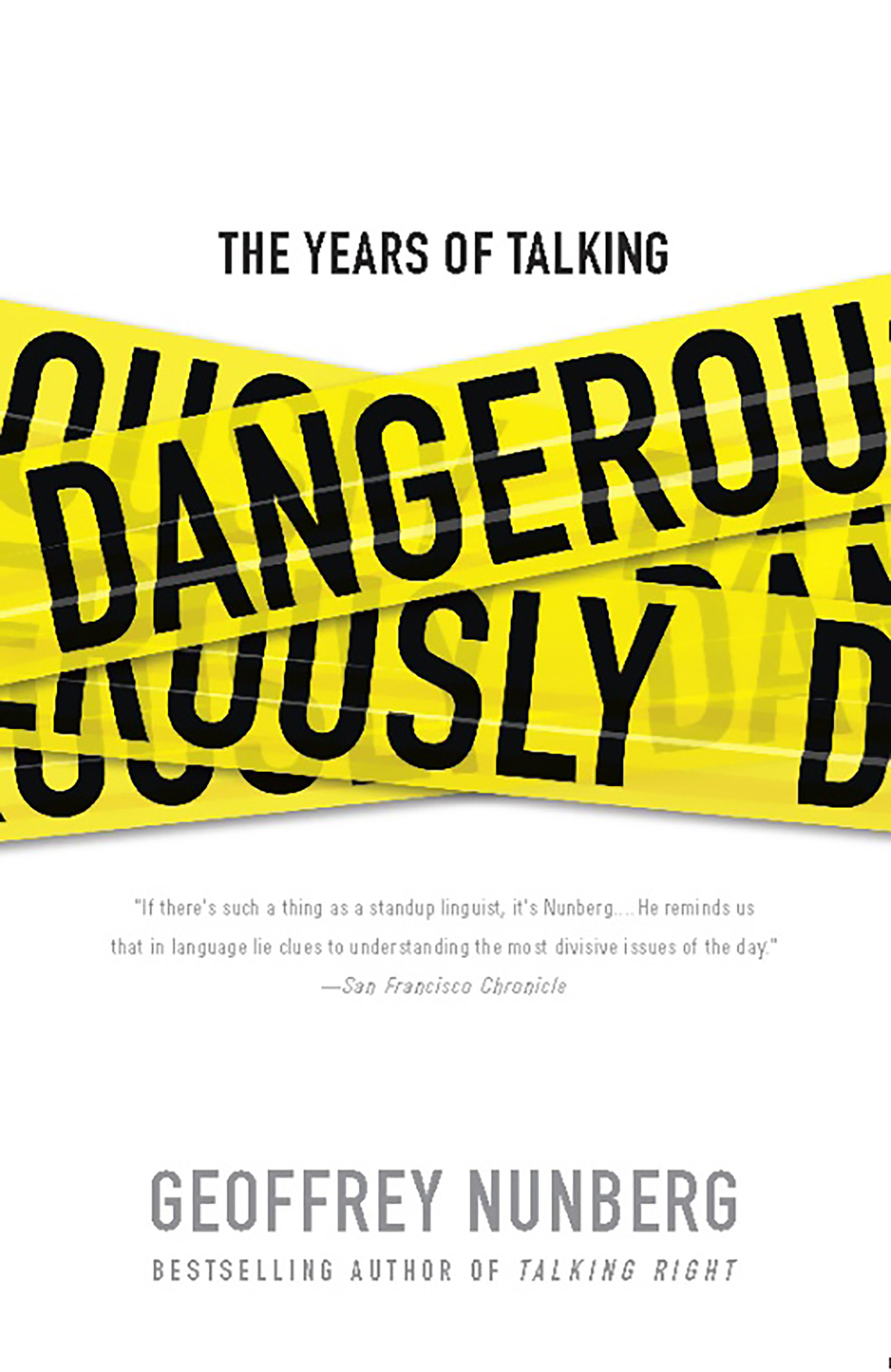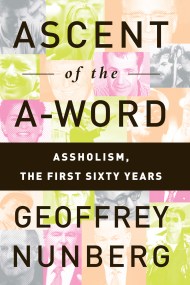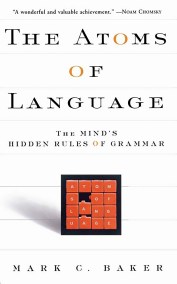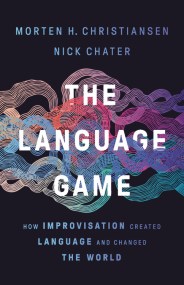Promotion
Use code MOM24 for 20% off site wide + free shipping over $45
The Years of Talking Dangerously
Contributors
Formats and Prices
Price
$12.99Price
$16.99 CADFormat
Format:
ebook $12.99 $16.99 CADThis item is a preorder. Your payment method will be charged immediately, and the product is expected to ship on or around May 5, 2009. This date is subject to change due to shipping delays beyond our control.
Also available from:
Genre:
- On Sale
- May 5, 2009
- Page Count
- 288 pages
- Publisher
- PublicAffairs
- ISBN-13
- 9780786741519
Newsletter Signup
By clicking ‘Sign Up,’ I acknowledge that I have read and agree to Hachette Book Group’s Privacy Policy and Terms of Use
